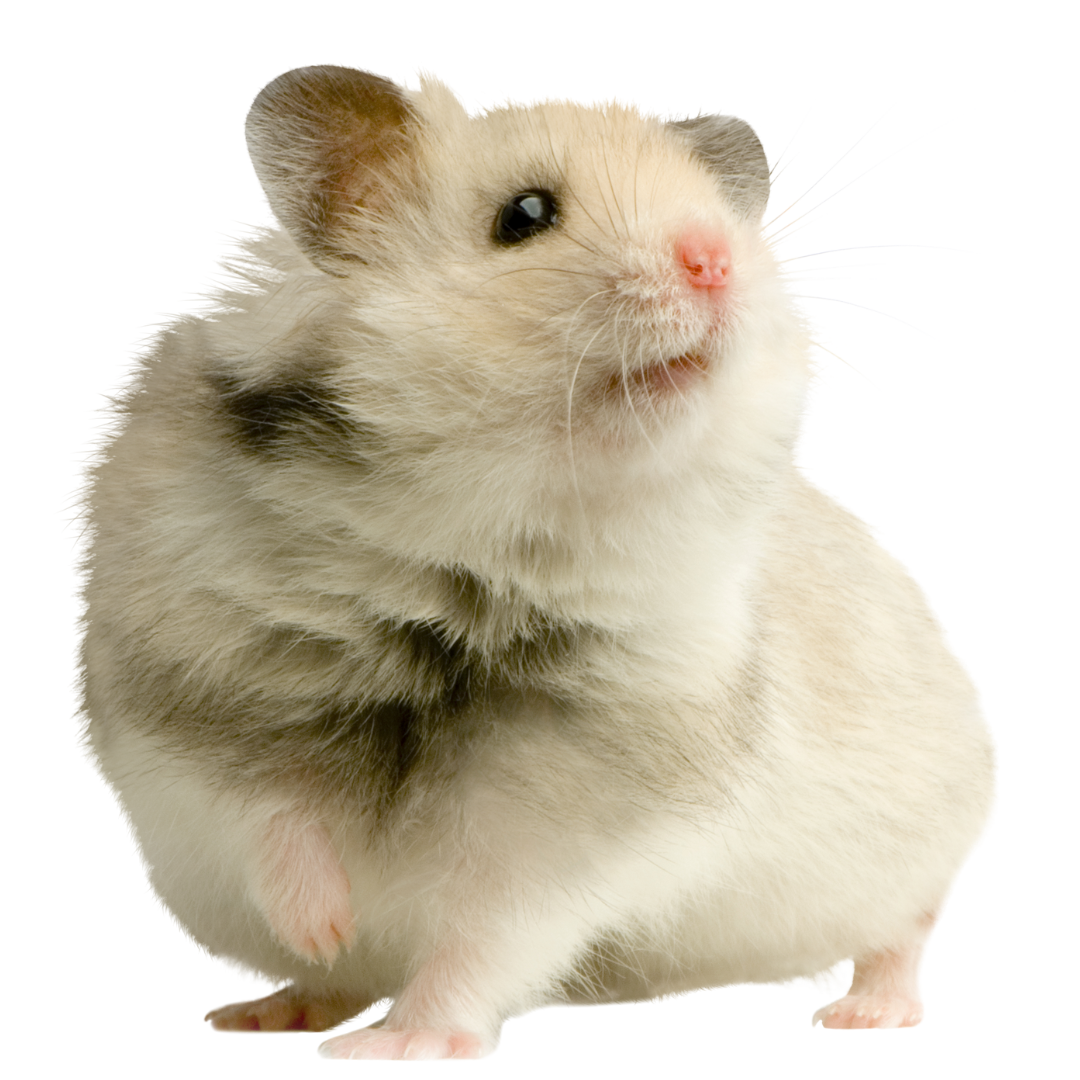Small pets like rabbits, guinea pigs, hamsters, or chinchillas are super popular as first pets, especially for kids, because of their small size and sweet nature. But while they don’t cost much to buy, their tiny size can make vet care trickier and more expensive than people expect.
Taking care of your small pet isn’t just about giving them the right food and environment. You also need to be ready for any health issues that might pop up. Even little problems can require specialised (and costly) care. Pet insurance can cover those surprise vet bills so your pet can get the care they need to stay happy and healthy.
Read the list of small mammals we can cover.
How much does small mammal pet insurance cost?
The cost of small mammal insurance really depends on the type of pet you’ve got.
Take a cross-bread guinea pig, for example. If you paid around £30 for one, insuring it would cost about £16.87 a month for £2,000 of vet fee cover each year.
What age can I insure my small mammal?
This varies dependant on pet type. For the most part, we insure small mammals from 8 weeks and upwards but for more information on your specific pet type, read our policy documents.
Can you insure small mammals who have recently been unwell?
We can’t cover your small pet if they’ve been to the vet for an accident or illness in the last 3 months. But don’t worry – once they’ve been treatment-free for 3 months and are fit and healthy, we can insure them. Pre-existing conditions won’t be covered in the first year, but after that, we’ll review them based on the policy terms, with no exclusions applied.
As always, cover is subject to our Policy Terms and Conditions.
What small mammals can you get pet insurance for?
- Guinea pig insurance
- Rabbit insurance
- Hamsters
- Gerbils
- Chinchillas
- Rats and mice
- Ferrets
- Chipmunks
- Degus

